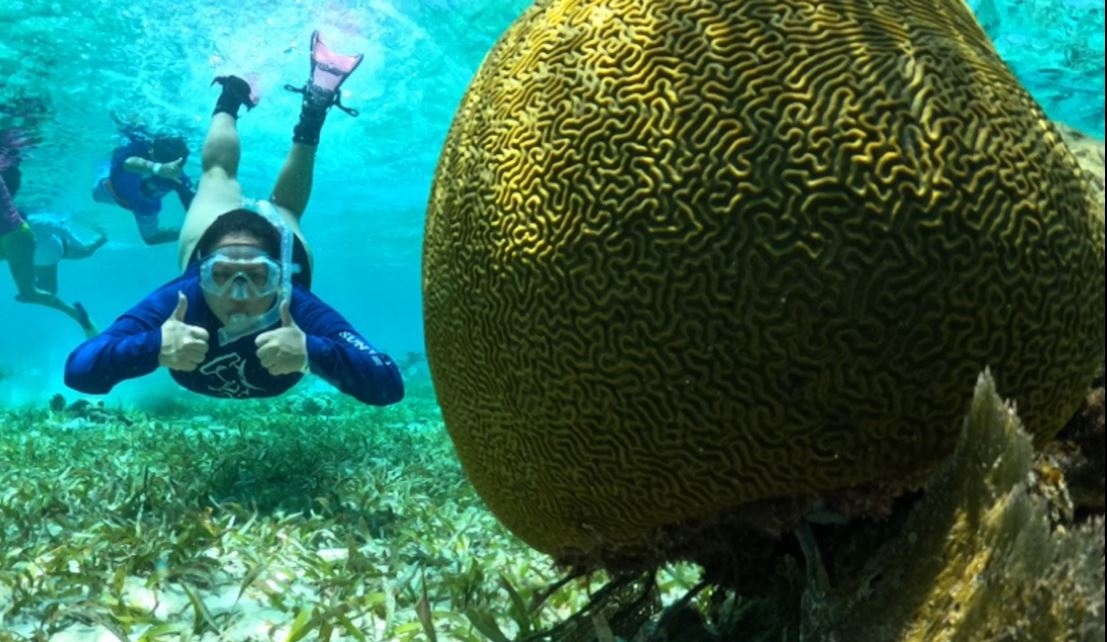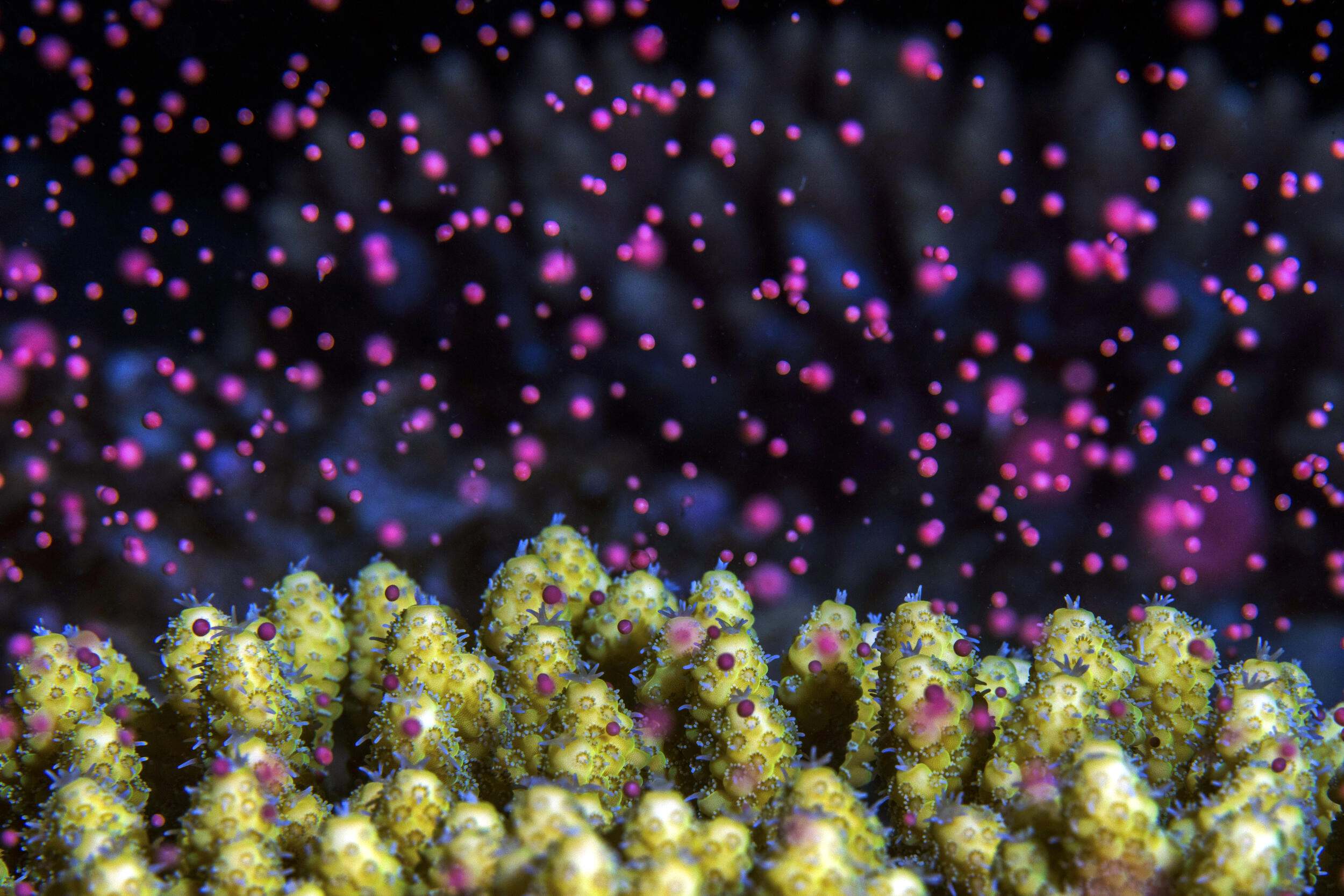In this study, the authors assessed the effect of bleaching on gametogenesis of populations of the coral Oculina patagonica commonly undergoing repeated seasonal bleaching events (BE) along the Israeli Mediterranean coast, and compared it with the effect of first and second summer bleaching events on gametogenesis of a population that has not experienced a summer bleaching events in recent years. They found that a population that experienced a summer BE for the first time presented significantly lower reproductive parameters in bleached colonies when compared to non-bleached colonies.
Furthermore, in the following year, such bleached colonies showed an improvement in reproductive performance when compared to the previous year. The remarkable differences in gametogenesis between colonies experiencing first summer bleaching events and those experiencing repeated seasonal bleaching events may be the result of improved utilization of alternative energy sources. This study provides the first evidence for notable gametogenesis in corals undergoing repeated bleaching, and suggests that adjustment processes may increase tolerance levels and may play a role in the ability of corals to overcome the expected repeated bleaching events.
The findings suggest that coral species with a high tolerance to bleaching may overcome some energetic barriers to reproduction and complete gametogenesis during periods of repeated seasonal BEs. These species could become the dominant coral species on reefs and may help to prevent the loss of coral cover and phase shifts from a coral to an algae-dominated community.
Author: Armoza-Zvuloni, R., R. Segal, E. Kramarsky-Winter, and Y. Loya
Year: 2011
View Full Article
Marine Ecology Progress Series 426: 149–159. doi:10.3354/meps09018


